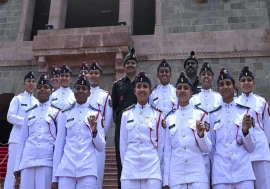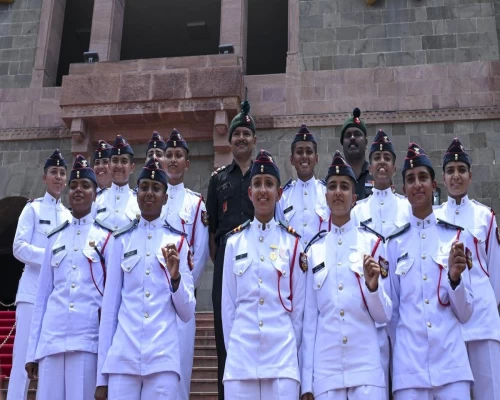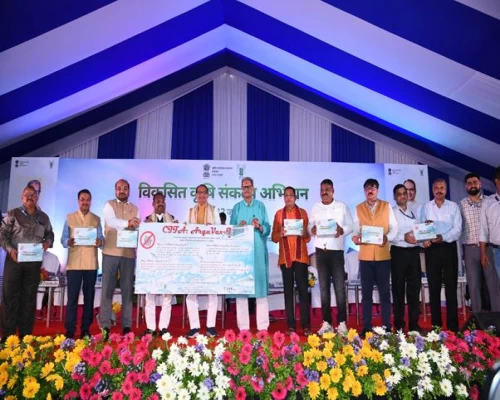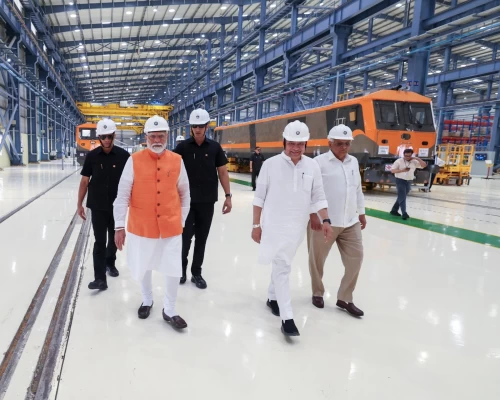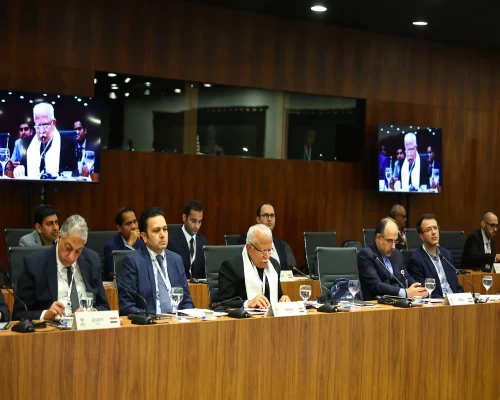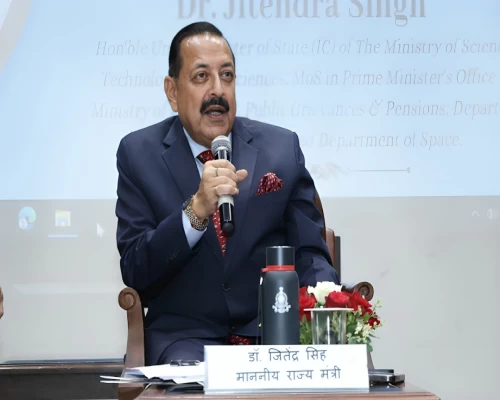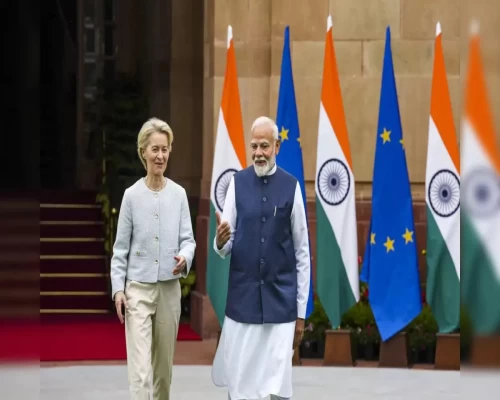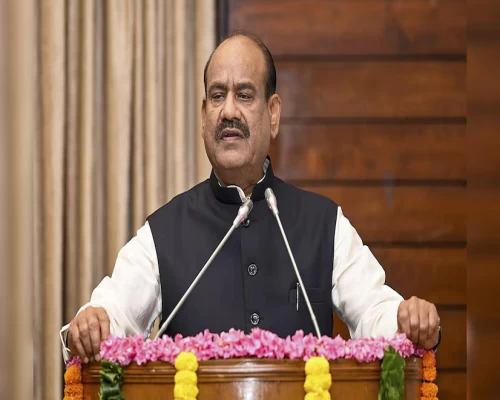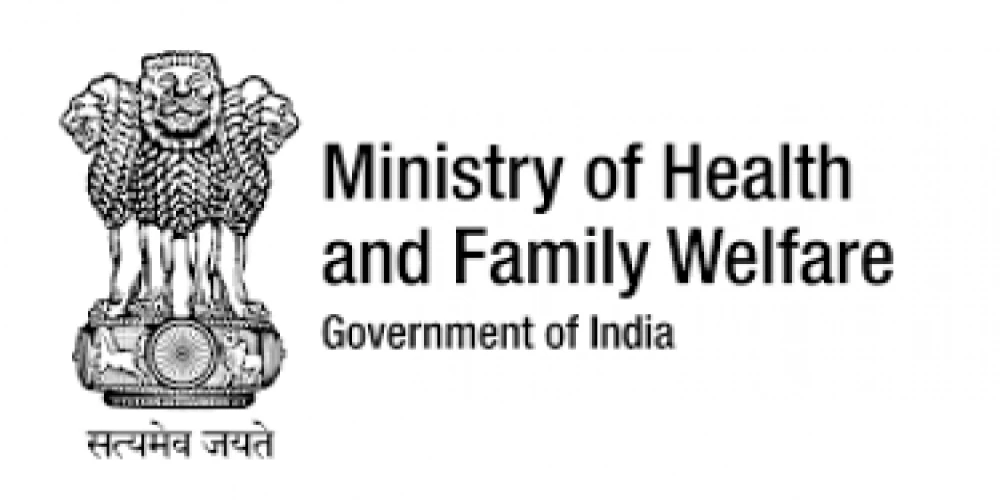
New Delhi: In a bid to firm up health infrastructure, the Central government has earmarked Rs 23,123 crore for accelerating health system preparedness for immediate responsiveness for early prevention, detection and management, with the focus on health infrastructure development including paediatric care and with measurable outcomes.
The package was approved by the Union Cabinet chaired by Prime Minister Narendra Modi on Thursday called ‘India COVID-19 Emergency Response and Health System Preparedness Package: Phase-II’ for FY 2021-22. The Phase-II of the package has Central Sector (CS) and Centrally Sponsored Schemes (CSS) components.
The support would be provided to Central hospitals, AIIMS, and other institutions of national importance under DoHFW at VMMC and Safdarjung Hospital, Delhi, LHMC and SSKH, Delhi, RML, Delhi, RIMS, Imphal, and NEIGRIMS, Shillong, PGIMER, Chandigarh, JIPMER, Puducherry and AIIMS Delhi (existing AIIMSs) and new AIIMSs under PMSSY) for repurposing 6,688 beds for Covid management.
The National Centre for Disease Control (NCDC) would be strengthened by providing genome sequencing machines, besides sanctioning scientific control rooms, epidemic intelligence services (EIS) and INSACOG Secretariat support.
The support would also be provided for the implementation of the Hospital Management Information System (HMIS) in all the District Hospitals (DHs) of the country. It is presently implemented only in 310 DHs. All district –hospitals would implement HMIS through NIC developed E-Hospital and CDAC developed E-Shushrutsoftwares.
According to an official statement, the support would also be provided for expanding the National Architecture of eSanjeevani Tele-consultation platform to provide up to Rs 5 lakh tele-consultations per day from the present 50,000 tele-consultations per day. This includes support to the States/UTs to enable tele-consultations with the COVID patients at the COVID Care Centres (CCCs) by strengthening Hubs for eSanjeevani Tele-consultation in all the districts of the country.
Under the CSS components, the efforts are aimed at strengthening district and sub district capacity for an effective and rapid response to the pandemic. States and UTs would be supported to create paediatric units in all 736 districts and also to establish Paediatric Centre of Excellence (PaediatricCoE) in each State/UT – either in medical colleges, state government hospitals or central hospitals such as AIIMS, INIs, etc – for providing Tele-ICU services, mentoring and technical hand-holding to the District Paediatric units.
It will also provide care closer to the community due to the ingress of Covid-19 in rural, peri-urban and tribal areas, by creating prefabricated structures for adding additional beds at the existing CHCs, PHCs and SHCs (6-20 bedded units) and support would also be provided to establish bigger field hospitals (50-100 bedded units) depending on the needs at tier-II or Tier-III cities and district HQs.
The statement said that ‘India Covid-19 Emergency Response and Health Systems Preparedness Project: Phase-II’ would be implemented at a total cost of Rs 23,123 crore, from July 1, 2021 to March 31, 2022. The Central share of the ECRP-II is Rs 15,000 crore, while that of the State has been pegged at Rs 8,123 crore.
In March 2020, when the country was faced with the first wave of the Covid-19 pandemic, Prime Minister Modi had announced a Central Sector Scheme of Rs 15,000 crore for the ‘India COVID 19 Emergency Response and Health Systems Preparedness Package,’ providing a critical impetus to the efforts of MoHFW and States/UTs, and catalysing health systems activities for pandemic management. Since mid-February 2021, the country is experiencing a second wave which has spread into rural, peri-urban and tribal areas. /BI/



